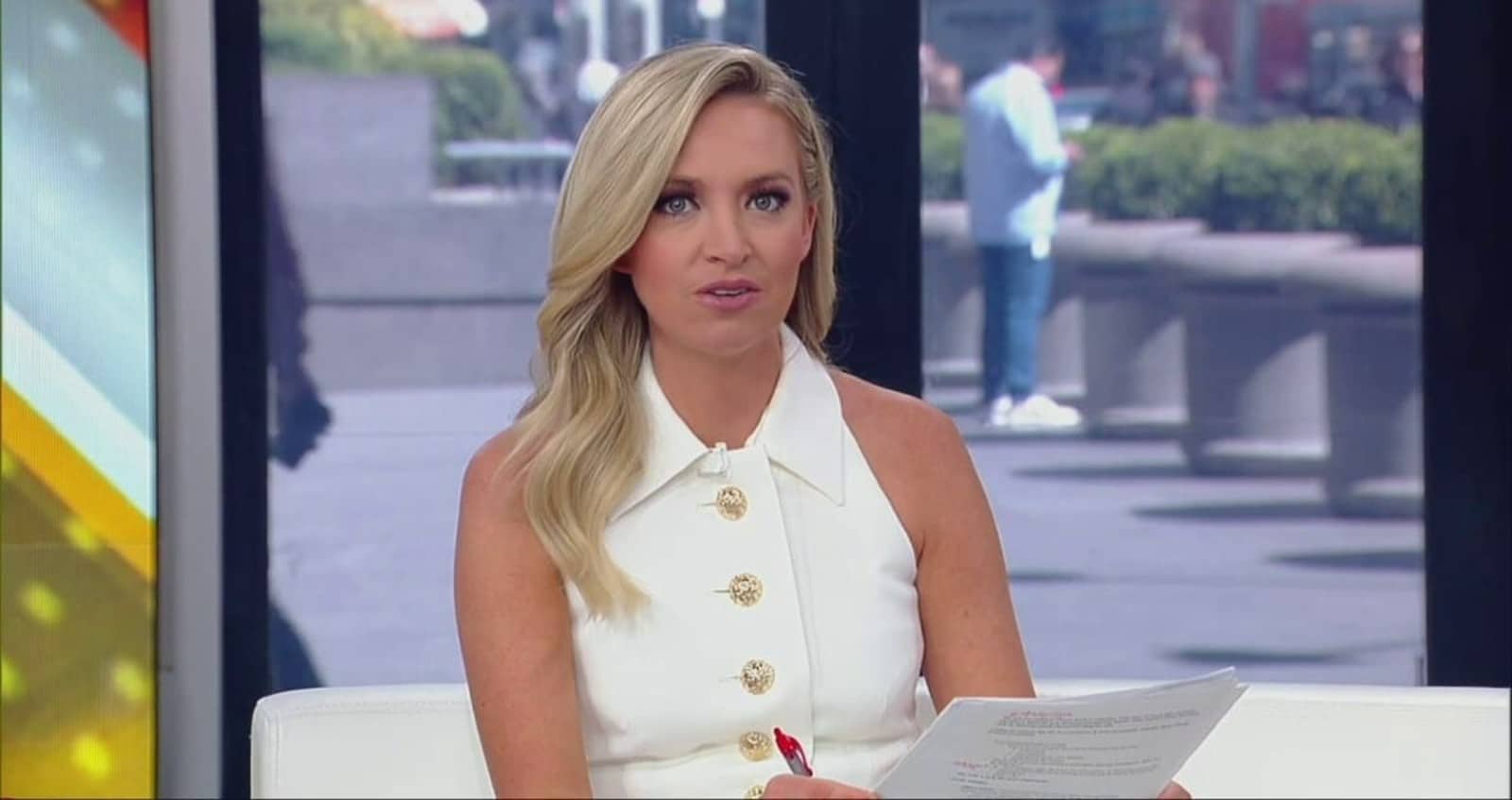OPINION: This article may contain commentary which reflects the author's opinion.
Kayleigh McEnany, a former White House press secretary in the Trump administration, tore into Democrats for efforts to remove former President Donald Trump from the ballot.
McEnany spoke with former Deputy Independent Counsel Sol Wisenberg about the left’s shameless attempt to delegitimize the Supreme Court.
Below is a transcript of the exchange:
WISENBERG: “I think they will take a look at presidential immunity in the context of criminal prosecutions. I think they may take a look at the gag order, and I think it’s very important that they try to decide this with as much unanimity as they can. And I think this will not be a particularly close decision. This section of the 14th Amendment that the Colorado Supreme Court utilized, the majority, is simply not self-executing in my view. That was the position of the then-chief justice of the United States, Salmon Chase, in 1869, less than one year after the 14th Amendment was ratified. I don’t see this as much—so much as an issue of election interference, though it is—as another example of Trump derangement syndrome, this time in the judiciary. And I point out—I say this not as a political supporter of President Trump; I have never politically supported President Trump, but these efforts are very, very disturbing, and they’re very anti-democratic.”
McENANY: “You know, I would love to know your theory on this, but I have heard other legal analysts say, and you know this, you know, I went to law school, textualism, you look at history and precedent, and a lot of folks say there is a reason the president isn’t listed in this section. They list all these other officeholders, but they don’t list the president. You read that with intention. By design, our founders thought about every single word. So do you think this Section 3 of the 14th Amendment even applies to a former president?”
WISENBERG: “You know, that’s very much disputed. I think there are good arguments on both sides. It’s certainly not clear to me that it does apply to the president, and then if it’s not clear, as you know, if the text isn’t clear, you get to go to history and structure and things like that. So some of these questions are close on this issue of what the clause means, but to me, the critical thing, which was discussed in one of the dissents, is that I believe it was Justice Samour who focused on Griffin and the fact that this is not self-executing. What that means is that Congress must put teeth into this section of the 14th Amendment. Congress must say, ‘Here is how we are going to enforce this disqualification clause.’ Now, they did that. They passed a criminal law. It is still on the books, 18 USC 2383. Jack Smith did not indict former President Trump for that. So that’s one critical thing. It’s not a self-executing portion of the 14th Amendment. And two, you have to provide due process. You have to provide due process to somebody you are going to take off the ballot. The process provided here was an absolute joke. President Trump’s people didn’t have the right to subpoena documents; they didn’t have the right to subpoena witnesses. There was not a fair trial in any sense of the word here.”
Earlier this week,
The U.S. Supreme Court handed former President Donald Trump’s campaign a victory on Monday as the effort to remove him from the ballot in several states ahead of the 2024 election continues.
“The Court denied a writ of certiorari petition from John Castro, a registered Republican candidate for president in 2024, who sought to have Trump removed from the ballot in Arizona,” Newsweek reported.
“Castro, John A. V. Fontes, AZ Sec. Of State, et al. The petition for a writ of certiorari before judgment is denied,” the high court said in its ruling, which rejected a review of an earlier decision to allow Trump on the ballot in the state.
Castro had filed lawsuits in several states to remove Trump from ballots over alleged connection to the January 6 riots and efforts to overturn the 2020 election.
In December, U.S. District Judge Douglas L. Rayes rejected Castro’s filing, which prompted him to take it to the U.S. Supreme Court.
The judge noted in his ruling that Castro’s argument “lacks standing to bring his claim,” NBC News reported. Castro argued that Trump should be disqualified from the ballot in Arizona for allegedly offering support to “insurrectionists” on January 6, 2021.
The judge also said that his arguments “do not show that Castro is truly competing with Trump.”
In March, the high court delivered its long-awaited ruling on the case involving the Colorado Supreme Court banning him from that state’s 2024 ballot, overturning that ruling to allow Trump to appear.
